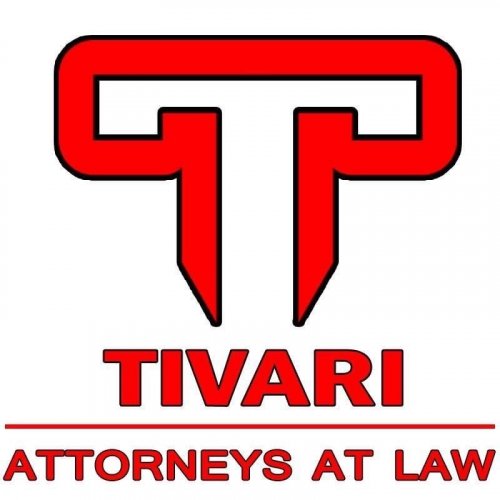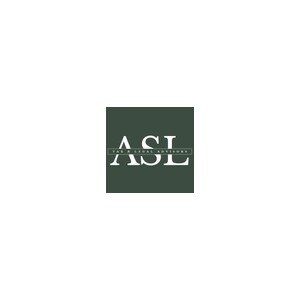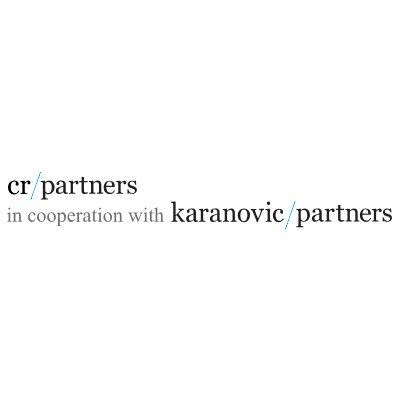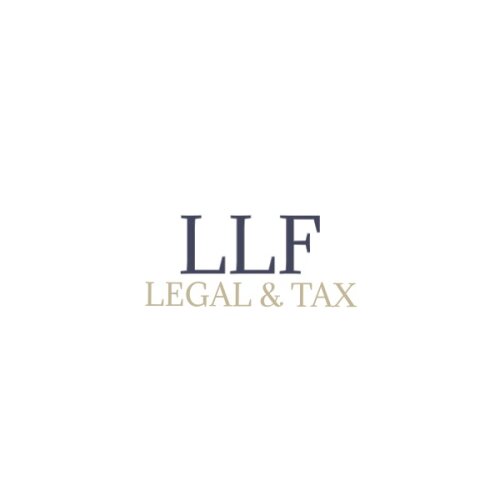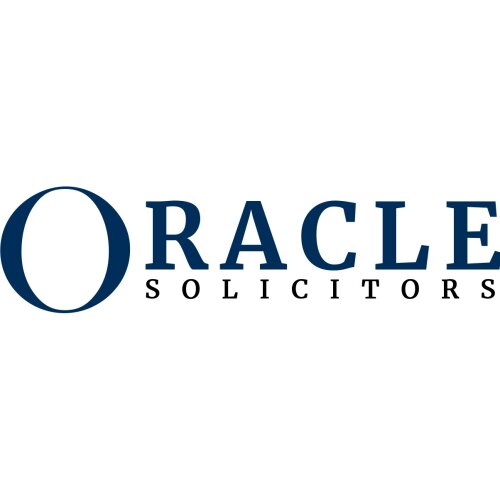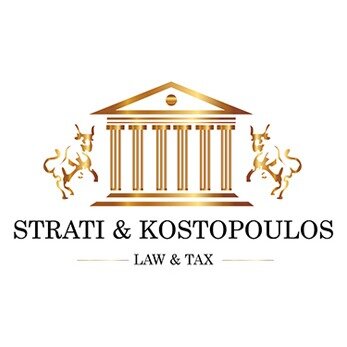Best Energy, Environment & ESG Lawyers in Tirana
Share your needs with us, get contacted by law firms.
Free. Takes 2 min.
List of the best lawyers in Tirana, Albania
About Energy, Environment & ESG Law in Tirana, Albania
Energy, Environment, and ESG (Environmental, Social, and Governance) law in Tirana, Albania, is a multidisciplinary legal field that addresses the production and use of energy, environmental protection and sustainability, as well as the ethical and governance standards that businesses must uphold. In recent years, Albania has intensified its legislative efforts to align with European Union directives, especially considering its EU accession aspirations. This means the regulatory environment is evolving rapidly, and businesses and individuals operating in Tirana need to stay updated with legal developments relating to energy development projects, renewable energy investment, environmental impact assessments, waste management, and sustainability reporting.
Why You May Need a Lawyer
There are many scenarios where legal support is crucial within the field of Energy, Environment, and ESG in Tirana. Some common situations include:
- Securing permits or licenses for energy production or infrastructure projects
- Navigating environmental impact assessments for development activities
- Complying with environmental standards to avoid fines or legal disputes
- Engaging in renewable energy investments and understanding related incentives or obligations
- Responding to allegations of environmental violations or regulatory breaches
- Implementing ESG standards within corporate governance frameworks
- Participating in public or private tenders for energy or environmental projects
- Managing waste or hazardous material according to local laws
- Addressing land use or zoning issues affecting energy and environmental operations
- Resolving disputes with authorities, contractors, or third parties relating to environmental harm or ESG claims
Local Laws Overview
Albania’s legal system has made significant progress in establishing robust frameworks for energy production, especially focusing on renewable sources such as hydropower, solar, and wind. The Law on the Power Sector governs much of the electricity generation, transmission, and distribution. Environmental law is chiefly administered by the Law on Environmental Protection, which incorporates modern principles like the requirement for Environmental Impact Assessments (EIA) for certain projects. There is a legal requirement for businesses to implement measures that prevent pollution and ensure sustainable use of natural resources.
ESG principles are becoming increasingly important, particularly for companies that engage in significant economic activities or seek investment. While Albania is still developing its domestic ESG regulations, there are requirements for corporate social responsibility, health and safety standards, and anti-corruption measures, especially for companies listed on the Albanian Stock Exchange or those participating in cross-border projects subject to EU rules.
Local government entities in Tirana also enforce municipal regulations related to waste management, air quality, and zoning, which can directly impact businesses and residents involved in energy or environmental matters. Legal requirements may shift as Albania continues to harmonize its regulations with EU directives.
Frequently Asked Questions
What types of energy projects require a permit in Albania?
Most energy production projects, including hydropower plants, solar parks, and wind farms, require permits from the Albanian National Agency of Natural Resources (AKBN). The process involves submitting technical, financial, and environmental documentation.
What is an Environmental Impact Assessment, and when is it necessary?
An Environmental Impact Assessment (EIA) is a legal process used to evaluate potential environmental effects of a proposed project before it is approved. In Albania, EIAs are mandatory for various activities, including major construction, industrial operations, and energy projects.
Are there incentives for renewable energy investments in Tirana?
Yes, the Albanian government offers incentives such as feed-in tariffs, preferential grid access, and potential tax benefits for qualified renewable energy projects. These incentives are subject to regulatory requirements and capacity limits.
What penalties exist for environmental violations?
Penalties for environmental violations in Albania can include fines, suspension of business activities, revocation of permits, and in extreme cases, criminal charges. The severity depends on the nature and impact of the violation.
How can companies implement ESG standards in Albania?
Companies can implement ESG standards by developing internal policies on environmental sustainability, labor rights, governance, anti-corruption, and transparency. Consulting with a legal advisor can help ensure compliance with evolving national and international requirements.
Who enforces energy and environmental regulations in Tirana?
Key enforcement bodies include the Ministry of Infrastructure and Energy, the National Environment Agency (NEA), the Albanian National Agency of Natural Resources, and relevant municipal authorities in Tirana.
Is local community consultation required for energy projects?
Yes, public consultations are often mandatory for projects requiring Environmental Impact Assessments. The process involves informing and soliciting feedback from affected communities and stakeholders.
What are the main waste management regulations in Tirana?
Tirana follows national waste management legislation aligned with EU standards, focusing on waste reduction, recycling, and proper disposal. Businesses must comply with waste sorting, safe disposal, and recordkeeping requirements.
How can legal disputes in this field be resolved?
Most energy and environment-related disputes are initially addressed through administrative channels. If unresolved, parties may appeal to administrative courts or seek arbitration, depending on the contract stipulations.
Are there special environmental rules for construction in urban areas?
Yes, urban construction is subject to strict environmental and zoning regulations in Tirana, including noise control, air quality standards, and compliance with the city’s urban plan. Projects must receive municipal approval before commencement.
Additional Resources
Individuals and businesses seeking advice or information regarding Energy, Environment, and ESG matters in Tirana can consult the following resources and organizations:
- Ministry of Infrastructure and Energy of Albania - Regulatory body for energy production, infrastructure, and policy
- National Environment Agency (NEA) - Oversees environmental protection, permits, and compliance
- Albanian National Agency of Natural Resources (AKBN) - Manages permits and licensing for energy projects
- State Inspectorate of Environment and Forestry - Enforcement and supervision
- Tirana Municipality - Local environmental and zoning office for project approvals and regulations
- Chamber of Commerce and Industry Tirana - Networking and information on ESG and investment standards
- Environmental NGOs - Such as EcoAlbania, providing insights into compliance and sustainable practices
Next Steps
If you need legal advice concerning Energy, Environment, or ESG in Tirana, it is important to act promptly, as many obligations have strict deadlines and significant consequences for non-compliance. Start by gathering all relevant documentation about your project or issue, including permits, contracts, environmental studies, or correspondence with authorities. Identify the specific concern or question you have. Reach out to a qualified lawyer specializing in energy, environmental, or ESG law in Tirana, providing them with the details of your situation. They can help you understand your legal obligations, assess risks, assist with negotiations or regulatory interactions, and represent you in any subsequent proceedings if necessary.
In addition, staying informed about the latest legal and regulatory developments, participating in relevant public consultations, and seeking early legal input for transactions or new projects can help prevent costly mistakes and ensure compliance in this rapidly changing field.
Lawzana helps you find the best lawyers and law firms in Tirana through a curated and pre-screened list of qualified legal professionals. Our platform offers rankings and detailed profiles of attorneys and law firms, allowing you to compare based on practice areas, including Energy, Environment & ESG, experience, and client feedback.
Each profile includes a description of the firm's areas of practice, client reviews, team members and partners, year of establishment, spoken languages, office locations, contact information, social media presence, and any published articles or resources. Most firms on our platform speak English and are experienced in both local and international legal matters.
Get a quote from top-rated law firms in Tirana, Albania — quickly, securely, and without unnecessary hassle.
Disclaimer:
The information provided on this page is for general informational purposes only and does not constitute legal advice. While we strive to ensure the accuracy and relevance of the content, legal information may change over time, and interpretations of the law can vary. You should always consult with a qualified legal professional for advice specific to your situation.
We disclaim all liability for actions taken or not taken based on the content of this page. If you believe any information is incorrect or outdated, please contact us, and we will review and update it where appropriate.
Browse energy, environment & esg law firms by service in Tirana, Albania
Tirana, Albania Attorneys in related practice areas.




